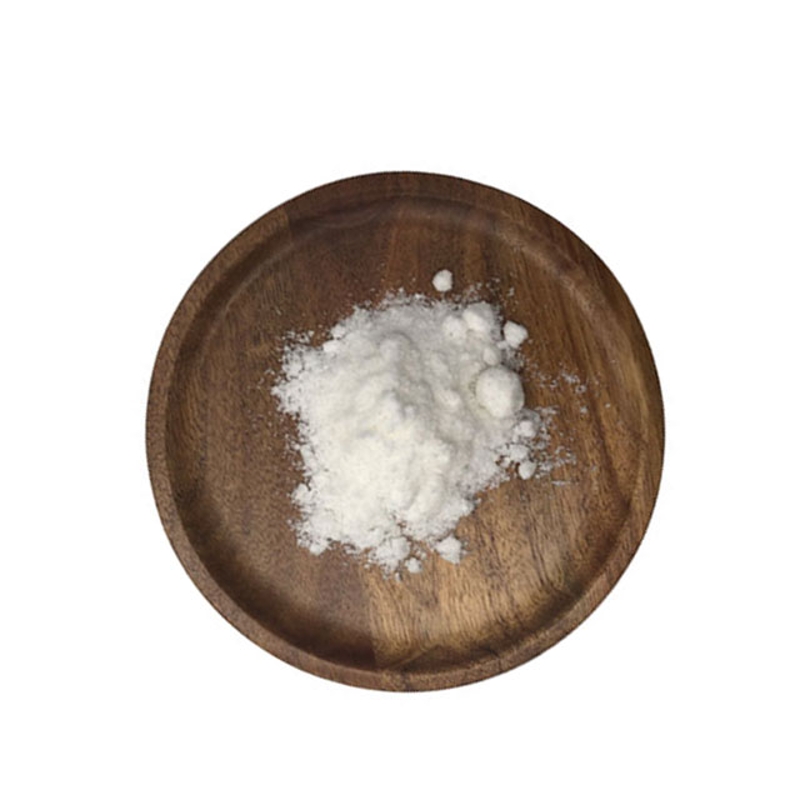-
Categories
-
Pharmaceutical Intermediates
-
Active Pharmaceutical Ingredients
-
Food Additives
- Industrial Coatings
- Agrochemicals
- Dyes and Pigments
- Surfactant
- Flavors and Fragrances
- Chemical Reagents
- Catalyst and Auxiliary
- Natural Products
- Inorganic Chemistry
-
Organic Chemistry
-
Biochemical Engineering
- Analytical Chemistry
- Cosmetic Ingredient
-
Pharmaceutical Intermediates
Promotion
ECHEMI Mall
Wholesale
Weekly Price
Exhibition
News
-
Trade Service
Oct 3, 2020 /--- When a newborn baby or child with heart or lung disease struggles to survive, doctors often use artificial lungs to support them.
treatment, known as in-body membrane oxygenation (ECMO), is thought to have saved countless lives.
but in some cases it can also lead to long-term brain damage.
(Photo: www.pixabay.com) Now, a team of scientists at the University of Texas Southwestern Medical Center has shown that machine learning programs can predict more accurately infants and children who are most likely to suffer brain damage after ECMO than doctors.
the study was published last month in the journal Clinical Medicine.
Doctors have some intuition about potentially at-risk children, but so far we don't have definitive data to determine which factors are responsible for ECMO-causing brain damage," said Dr. Lakshmi Raman, an associate professor of pediatrics and lead researcher on the study.
we can't completely eliminate these injuries, but I want better predictions that will mitigate the risk."
" ECMO works by removing blood from the patient's body and pumping it to a device that adds oxygen, removes carbon dioxide and keeps the blood warm before returning it to the body.
use ECMO in children and adults, but the most common patients are newborns.
therapy relieves stress when the heart and lungs mature or recover from injury.
, many patients treated with ECMO end up with brain complications, and doctors don't fully understand why.
brain damage is usually attributed to blood-thinning drugs given during ECMO, but studies have failed to confirm this link.
Raman and her colleagues used data on 174 patients under the age of 18, including 70 infants under 30 days of age who were treated with ECMO at Dallas Children's Medical Center between 2010 and 2019.
in each case, the CT or MRI image of the patient's brain is available after ECMO is available.
tested 81 patients or 51 percent of patients for brain damage through scans.
the researchers entered data from each patient (including age, weight, gender, drug, ECMO type, the main cause of ECMO, and when they received ECMO) into a machine learning program called neural networks, which is designed to identify patterns in the data set.
the procedure analyzed more than 35,000 ECMO clinical treatment hours and 1.4 million data points for 35 variables.
model predicted a sensitivity rate of 73% and a specificity rate of 80% after ECMO.
this exceeded clinicians' predictability, suspecting that 61 patients had brain damage, with a sensitivity of 39 percent and a specificity of 69 percent.
, whether patients were taking anticoagulants or the doses of those drugs had little effect on brain damage.
, patients' heart rate and blood pressure were found to help models predict brain damage.
think it could mean we need to pay more attention to those blood variables," Raman said.
we have begun to work in that direction.
.com Source: Using machine learning to predict brain pediatric injury Original source: Neel Shah et al, Neural Networks to Predictable Radio Brain Brain Injury in Pediatrics Treated with Extracorpal Airport Oxygenation, Journal of Clinical Medicine (2020). DOI: 10.3390/jcm9092718.







